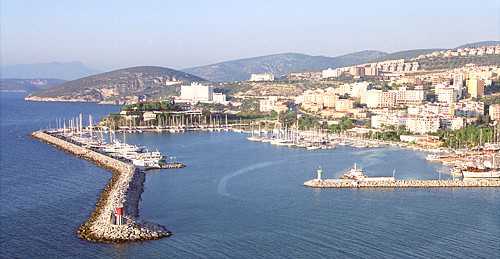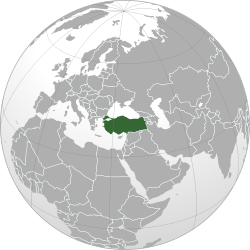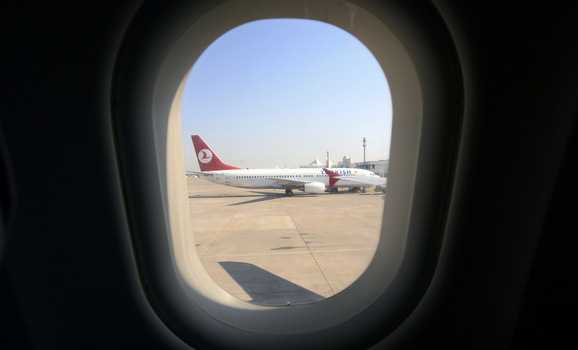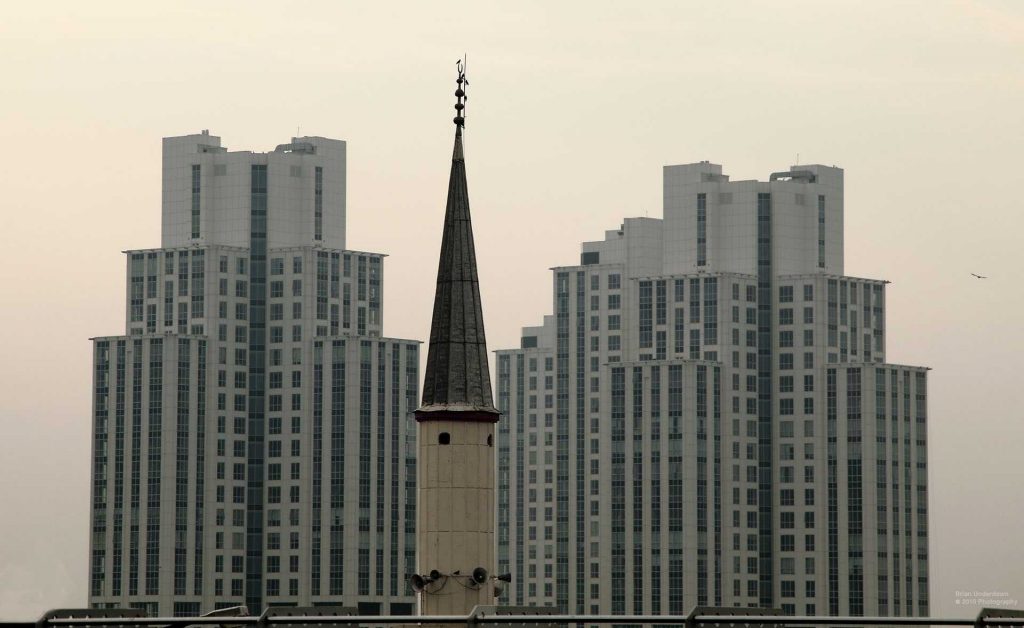From: Maggie Coulter <mcpd1234@gmail.com>
Take Action:
Gaza is in the grip of a human-made humanitarian crisis. Thousands of tons of food, medical and emergency shelter aid including blankets and mattresses, donated by countries including the United States and aid organizations, is being denied entry through crossings by both the Israeli and Egyptian governments. The Israeli navy is blockading Gaza’s sea front, preventing boats from delivering supplies Gaza, including a Lebanese ship with badly needed plasma.
Call the White House, the Israeli Consulate, the Egyptian consulate, and Congress and demand that:
– Israel and Egypt open all border crossings to Gaza,
– Israel stop its blockade of the sea access to Gaza, and
– Israel end all military action against Gaza (and its occupation of Palestine).
Remind President Obama and Congress that a third of all U.S. foreign aid goes to Israel and Egypt so the U.S. is clearly in a position to put effective pressure on both countries to stop this ongoing assault on the people of Gaza.
White House
President Barak Obama, 1600 Pennsylvania Ave NW, Washington, DC 20500
Comments: 202-456-1111, Switchboard: 202-456-1414, FAX: 202-456-2461
Email through website:
Israeli Consulate
Consul General of Israel, 456 Montgomery Street #2100, San Francisco, CA 94104
Tel: (415) 844-7500 | Fax: (415) 844-7555,| sf@israeliconsulate.org
Consul General, Akiva Tor, (415) 844-7501, concal.sec@sanfrancisco.mfa.gov.il
For urgent press inquiries, IsraelConsulate.Press@gmail.com
Office of Public Affairs, (415) 844-7506, paffairs@sanfrancisco.mfa.gov.il
Egyptian Consulate
The Egyptian Consulate General, 3001 Pacific Ave., San Francisco, CA 94115
Tel: 415-346-9700 / 346-9702, Fax 415-346-9480, email: egypt@egy2000.com
Congressional Switchboard
All Senators and Representatives can be reached through 202-224-3121
More Information:
Urgent call from Gaza to all social movements: Open Gaza Borders!
International Solidarity Movement, 4 February 2009
Website: www.palsolidarity.org. Email: media@palsolidarity.org
We reiterate the need for a call from Palestinian community based organisations and the over 130 grassroots NGOs in the Palestinian NGO Network for an immediate opening of all border crossings currently controlled by Israel and Egypt.
Gaza is in the grip of a man-made humanitarian crisis. Thousands of tons of food, medical and emergency shelter aid including blankets and mattresses, donated by countries including the United States and aid organisations, is being denied entry through crossings by both the Israeli and Egyptian governments.
The United Nations has stated that 900,000 Gazans are now dependent on food aid following Israel’s 22-day assault on the tiny coastal territory. Only 100 aid trucks are being allowed into Gaza each day – 30 less than were being brought in last year and substantially less than before Israel’s operation ‘Cast Lead’: an attack that has left over 1,300 Palestinians dead, the vast majority of them civilians massacred in their streets and homes. With over 5,000 injured and 100,000 homeless, admittance of aid is crucial at this time.
This is a fraction of the estimated 500-600 trucks deemed necessary to sustain the population of Gaza according to the United Nations. According to UNRWA, food trucks are delivering enough food to feed just 30,000 people per day.
Hundreds of medical patients, the injured from this war and Israel’s previous invasions, are being prohibited from leaving Gaza for indispensable medical treatment. Over 268 people have died of preventable and treatable conditions after being denied access to treatment since the beginning of the ongoing siege two years ago.
Israel and Egypt have designated February 5th as the final day for all foreign nationals to leave Gaza through the southern Rafah border. Egypt has said it will close the Rafah border indefinitely. Despite a statement from the Egyptian Ministry of Health that humanitarian cases will be allowed through, many patients have already been turned back, before the closing of the border. Hundreds of patients and some of those wounded from ‘Cast Lead,’ are still waiting for permission to exit Gaza through Rafah for medical treatment.
The Gazan community is concerned that Israel will be stepping up its’ economic, political, cultural and militarised stranglehold on Gaza in the upcoming weeks. Post Israeli elections, Gazans fear the Israeli government will
conduct extra judicial killings and continue their deadly strikes on Palestinian governmental figures, targeting of social and economic infrastructure and indiscriminate killings of civilians in the process. Actions that have proven to not only end lives but successfully cripple Palestinian development including reconstruction of homes destroyed by Israeli bombings and bulldozing during and before Operation ‘Cast Lead’.
Thousands of internally displaced people face an uncertain future residing in flimsy canvas tents reminiscent of the mass dispossession through the ethnic cleansing of 1948 when the state of Israel was first established on Palestinian land.
A de-facto land grab and re-colonisation of Gaza is underway, with the demolition of hundreds of homes and destruction of farms in the Israeli defined ‘buffer zone’ areas of Rafah, Eastern (Shijaye) and Northern (Beit Hanoun) areas of Gaza. Killings, shelling and shootings of farmers and residents in border areas are continuing.
The ‘buffer zone’ has been expanded to cut into Palestinian lands by one kilometre. Israeli occupation forces have shot at residents that have attempted to retrieve their belongings from the bombed and bulldozed remnants of their homes along the border of Beit Hanoun. The army also continues to fire at farmers planting their fields in village areas such as al Faraheen near Khan Younis.
The Palestinian Ministry of Agriculture says Israeli occupation forces have destroyed 60% of Gaza’s agricultural land during this winter’s war.
Effective international direct action and an escalation of the Boycott, Divestment and Sanction campaign is necessary to resist the intensification of the collective punishment, imprisonment and ongoing war on the people of Palestine.
The situation is worsening: the stranglehold on the people of Gaza is tightening, humanitarian relief is being deliberately choked, trauma is deepening, people are being humiliated on a daily basis and development is not just blocked but in the process of being actively reversed.
We call on social movements, particularly No Borders networks, and people of conscience to target Israeli and Egyptian embassies, institutions, and corporations. Particularly in the coming days of intensified border closure, we must work to pressure both governments to abide by international law and open Gaza for the free movement of aid, goods and people.
End the collective punishment of the Gazan people, open the borders.






